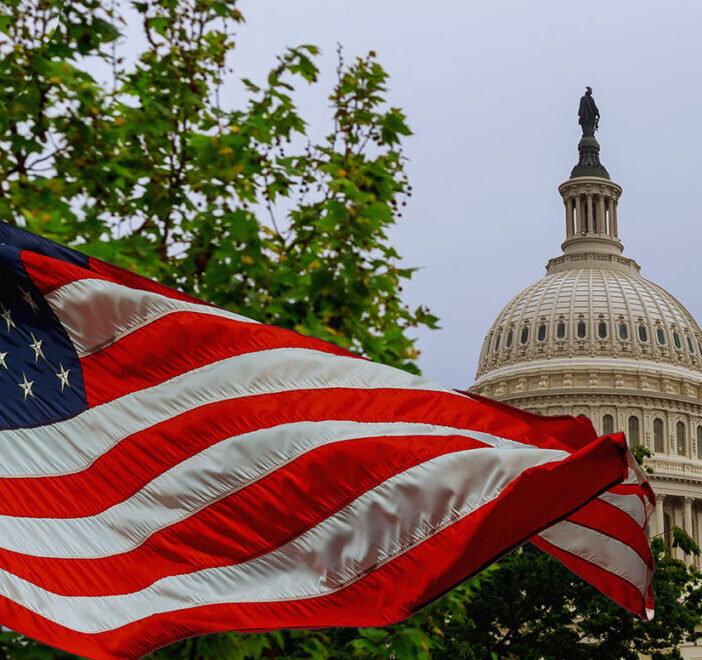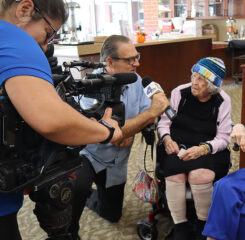Congress Tackles Funding for Workforce Programs
House appropriators are scheduled to vote on the Labor-HHS fiscal year 2023 appropriations bill this month. While the Senate’s appropriations schedule is unclear, achieving strong workforce program funding in the House’s Labor-HHS bill is an important step in the overall appropriations process.
To that end, advocates should watch for a LeadingAge action alert the week of June 20 on funding for workforce programs in the Labor-HHS bill.
Also in advance of the House Labor-HHS subcommittee and full appropriations committee consideration of the bill on June 23 and June 30, respectively, Representative Jan Schakowsky (D-IL), Senior Chief Deputy Whip and Chair of the House Democratic Caucus on Aging and Families, has spearhead a House sign-on letter championing increased funding for programs that support health care professionals who care for older adults. The letter initiated by Rep. Schakowsky reflects several of the LeadingAge FY 2023 priorities.
Representative Schakowsky’s letter ask House Appropriations Committee Chairwoman Rosa DeLauro (D-CT) and Ranking Member Tom Cole (R-OK) of the House Labor, Health and Human Services, Education, and Related Agencies (Labor-HHS) Subcommittee, to provide increased funding for programs designed to increase the number of health care professional prepared to care for America’s growing population of older adults and to support family caregivers in the essential role they play. The final letter was co-signed by 29 Members of Congress.
The letter urges increased support for initiatives that would allocate:
- $82 million in funding for Title VII Geriatrics Programs, administered by the Health Resources and Services Administration (HRSA). This allocation would double the funding for the Geriatrics Workforce Enhancement Program (GWEP) and Geriatrics Academic Career Awards (GACA), which are the only federal programs that aim to develop a health care workforce to meet the needs of older adults. The additional funding would help to close the geographic and demographic gaps in geriatrics workforce training.
- $404.8 million in funding for programs administered by the Administration for Community Living (ACL) to support a $3 million request for a Demonstration on Direct Care Worker, authorized in Title IV of the Older Americans Act.
Additionally, the letter requests increased support for several ACL programs that impact the family caregiver support services, and research efforts of the National Institutes of Health, including $226 million to be committed to Alzheimer’s disease and related dementia research. Support for a broader effort to promote the health and the well-being of older adults and establish the Alzheimer’s and Related Dementias Public Health Centers of Excellence is also highlighted.

Most Recommended
November 08, 2024
 HOTMA: New Rules for Housing
HOTMA: New Rules for Housing
November 06, 2024
 Colleagues on the Move, November 6, 2024
Colleagues on the Move, November 6, 2024
November 06, 2024
 Analysis: What Does the Final CY2025 Home Health Rule Include?
Analysis: What Does the Final CY2025 Home Health Rule Include?
October 29, 2024
Katie Smith Sloan Urges Members to Build a Movement, Take Action
Recently Added
December 10, 2024
4 Top Tech Themes from 2024
December 09, 2024



